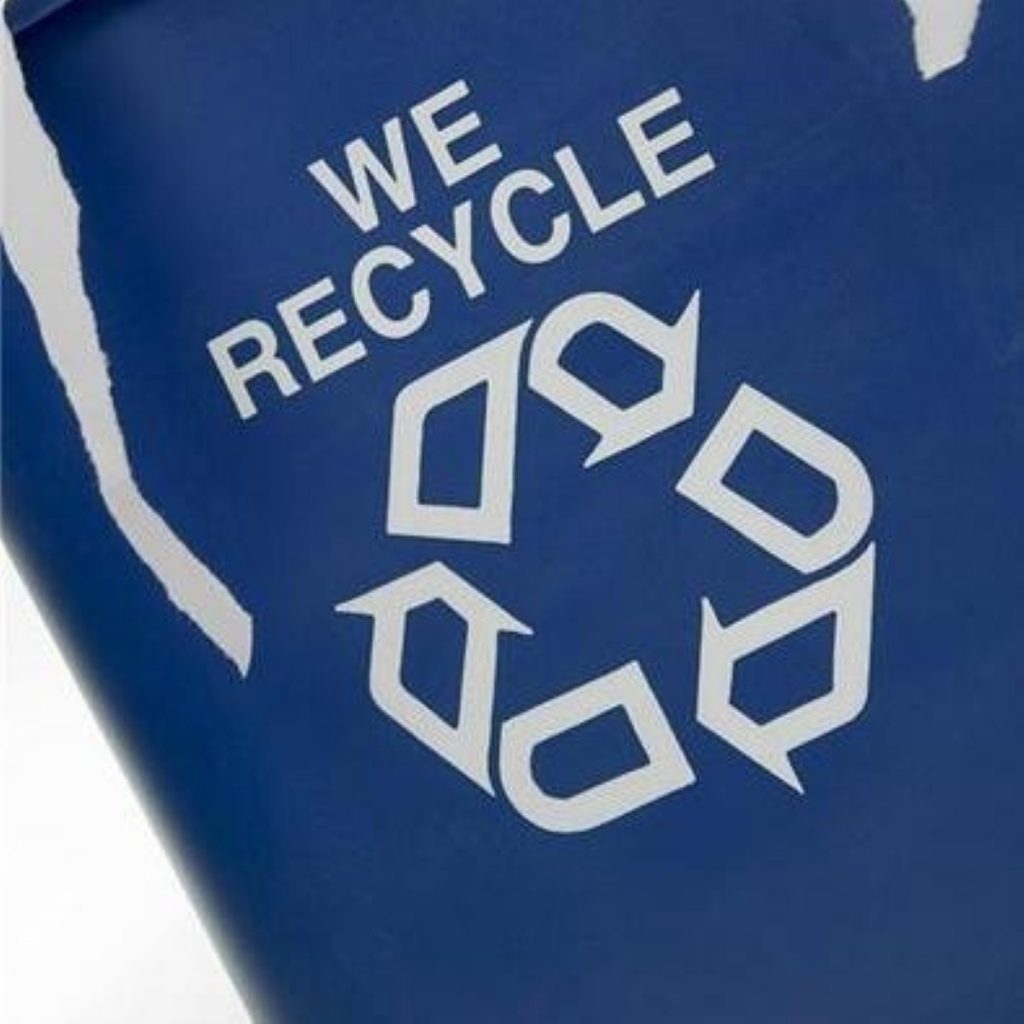‘Pay as you throw’ bin taxes given green light
Households in five areas of the country will be the first to trial controversial ‘pay as you throw’ bin taxes.
Up to five councils have been invited to take part in pilot schemes to see whether offering households financial incentives to recycle can reduce the amount of waste sent to landfills.
The UK is under pressure from the EU to reduce the amount of household waste or face substantial fines.
Yesterday’s climate change bill paved the way for small-scale pilots of ‘pay as you throw’ bin charging schemes, where households will be penalised for excessive waste but reimbursed if they recycle.


In a statement to MPs, waste and recycling minister Joan Ruddock said: “The case for reducing the amount of waste we all produce is clear – it is damaging the environment and contributing to climate change.
“Furthermore it makes no financial sense to keep dumping it into holes in the ground.
“We need to work out the best way to achieve this. Local authorities have asked for incentive schemes as one of their options.”
Initial Defra projections estimated dedicated recyclers would receive a £50 discount each year, while those that refused to cut down would be charged an additional £50.
Although the government insists there will be net savings overall, it now concedes some families will pay more under the scheme.
The Conservatives have opposed the bin changes, warning they will penalise larger families and risk exacerbating fly-tipping.
In a bid to diffuse criticism, the government is insisting councils prove sufficient checks and balances are in place before they can run pilot schemes.
Local authorities will have to provide good, accessible recycling facilities and introduce measures to reduce fly-tipping.
Defra will fund £1.5 million over three years to support pilot schemes, but local authorities must meet the start-up costs – estimated at £100,000 to £200,000 a year – and running costs of £500,000 a year.
If the pilot schemes prove successful, the ‘pay as you throw’ scheme could be rolled out nationally.
A Defra consultation this year showed strong support from councils for bin taxes and the Local Government Association is now backing the pilots.
The Conservatives, however, remain opposed to the scheme, which has also struggled to gain positive coverage in the media.
Tory shadow local government secretary Eric Pickles said: “Bin taxes are so expensive to introduce that taxes on families will have to rise as result. Everyone will lose out, whether you recycle or not.”
Under EU targets, the UK must reduce the amount of waste it sends to landfills to 6.3 million tonnes by 2020, down from 18.1 million tonnes in 2003-04.









